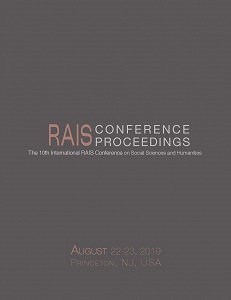The Travali of Criminal Thinking, a Psychoanalytic Interpretation of the Absence of the Superego
The Travali of Criminal Thinking, a Psychoanalytic Interpretation of the Absence of the Superego
Author(s): Gabriel Tănăsescu
Subject(s): Behaviorism, Criminology
Published by: Scientia Moralitas Research Institute
Keywords: aggressiveness; criminal; criminal personality;
Summary/Abstract: The human being (the active subject of the crime of murder) cannot commit the crime unless it has first killed the suzerain. As long as the suicide still exists and is present in the being, crime cannot be achieved, it cannot become reality, as individual is not prepared to act to commit the criminal act. Hate, evil, aggression build up in consciousness when the suzerain begins to die gradually. Deicide is not only the killing of God by its own being, but also the death of superstition, the killing of the images of ideal parents, the death of any symbol representing ethics, the assassination of the moral court, and all the positive feelings of the individual engaged in society, the realization of existential projects. The construction of the criminal personality is born only after the neurotic ego has killed its own moral court. This is easy when the overhead is not strong, that is, it does not manifest itself as a true barrier, supreme inhibition, in the face of existential pulses.
Book: Proceedings of the 10th International RAIS Conference on Social Sciences and Humanities
- Page Range: 243-247
- Page Count: 5
- Publication Year: 2018
- Language: English
- Content File-PDF

